IDP exodus from Arakan State accelerating, say displacement camp officials
Internally displaced people (IDPs) in Arakan State are increasingly leaving for foreign countries in order to support their families due to the lack of jobs and dwindling aid to the displacement camps, according to camp officials.
21 Oct 2023
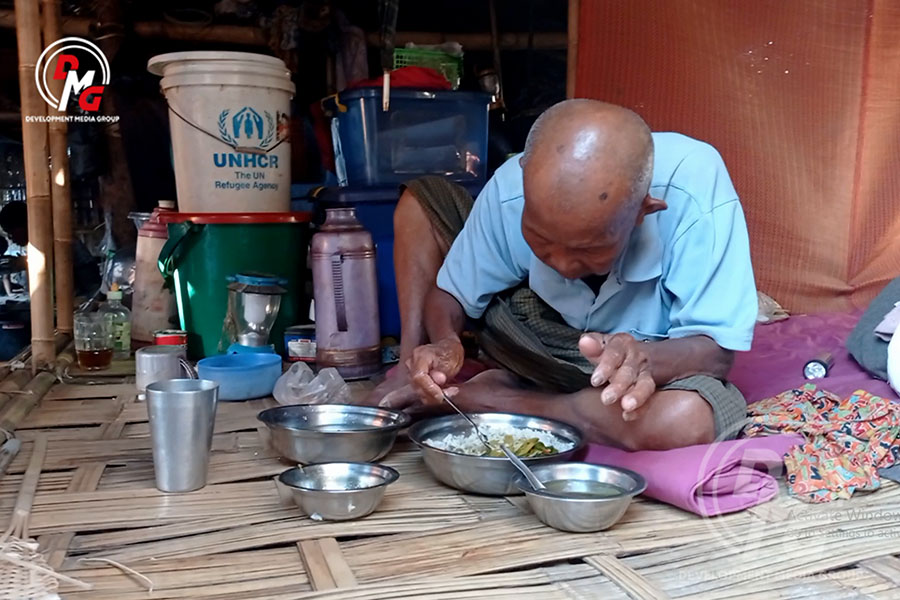
DMG Newsroom
21 October 2023, Sittwe
Internally displaced people (IDPs) in Arakan State are increasingly leaving for foreign countries in order to support their families due to the lack of jobs and dwindling aid to the displacement camps, according to camp officials.
The exodus of IDPs from the camps is said to have accelerated following Cyclone Mocha, which made landfall over Arakan State with devastating force on May 14, with IDP women making up the largest contingent.
“Many IDP women are going abroad following the cyclonic storm because their husbands are already working in foreign countries,” said an aid worker in Rathedaung.
More than 20 IDPs including some IDP women from a displacement camp near a railway station in Kyauktaw, which is home to about 950 IDPs, are known to have gone abroad following the storm.
At a time when IDPs are not sure of returning home, many are heading overseas out of a sense of desperation, and hoping that they will better their circumstances and by extension the fortunes of their families.
“They can no longer bear the pain of being stuck here,” said U Oo Soe Thein, an IDP man from the Kyauktaw railway station displacement camp. “So they go to a place that is convenient for their family. Those who are unable to work and children remain at the displacement camp.”
Some IDPs borrow the money they need in order to go abroad, and some pawn or sell their property for the same purpose.
Daw Khaing Than Yi, an IDP woman taking shelter at the Maha Kangyishin displacement camp in Kyauktaw, said she will go abroad to support her family and seek a better life for her children.
“We rely on donors for our livelihoods. We need money for our children’s health and education. If we don’t have money, we will not be able to meet our children’s needs,” she explained.
Many IDPs find themselves in a difficult position, facing dwindling aid in the camps and bleak livelihood prospects at their places of origin. Many IDPs scrape by on K30,000 provided by the World Food Programme (WFP).
IDPs face additional hardships as the junta provides little aid to them and has banned local and international organisations from delivering aid to those in need, according to relief workers.
“In the current situation, IDPs struggle to survive. Unless IDPs receive effective assistance from either the military junta or charities, they go abroad to work,” said U Zaw Zaw Tun, an IDP activist in Arakan State.
“We are seeing less and less support from international organisations to IDPs. Armed groups are also in a ceasefire period, so I don’t want the livelihood of IDPs to be neglected,” said U Aung Thaung Shwe, a former Arakan State lawmaker for Buthidaung Township.
Thousands of people who fled their homes due to the military conflict between the Myanmar military and the Arakan Army (AA) in Arakan State have been living as IDPs for as many as five years.




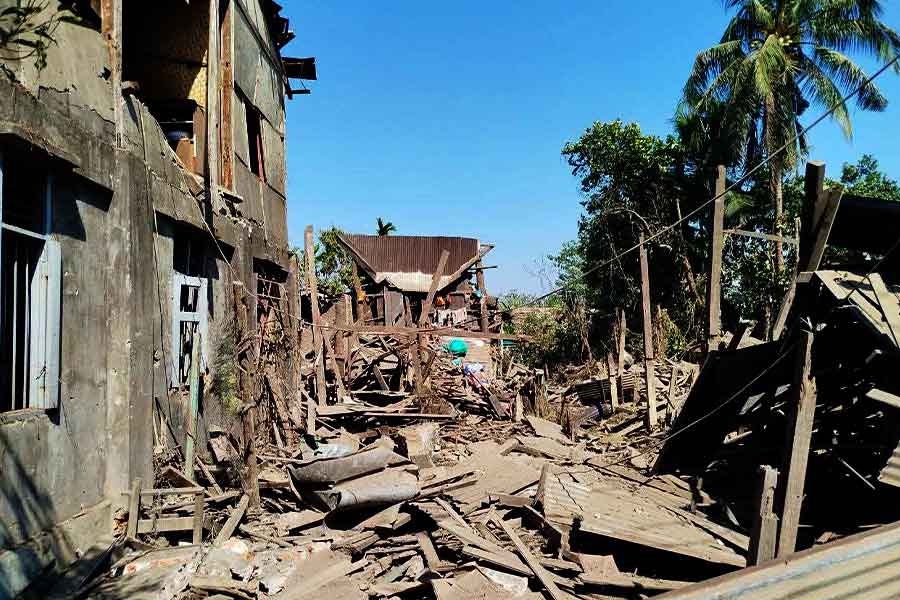
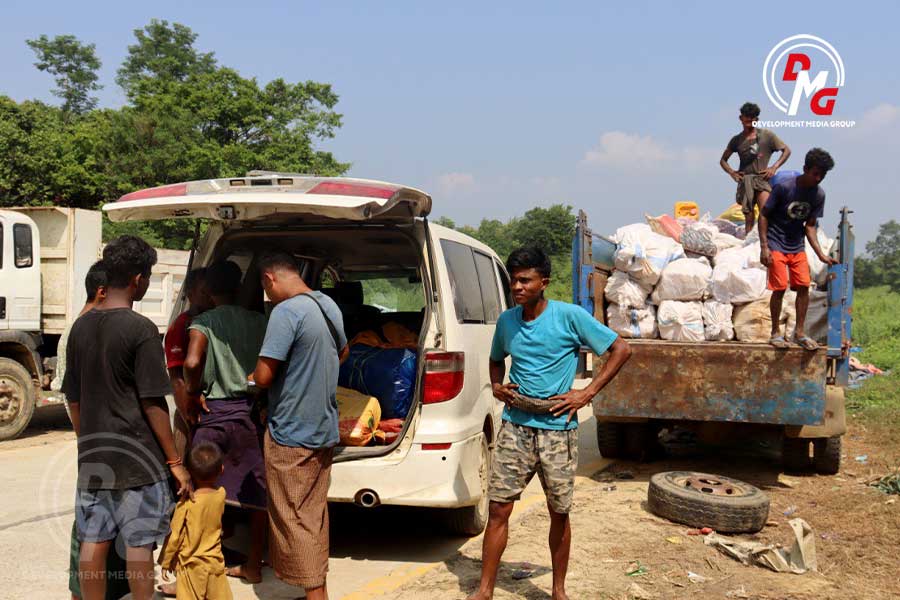
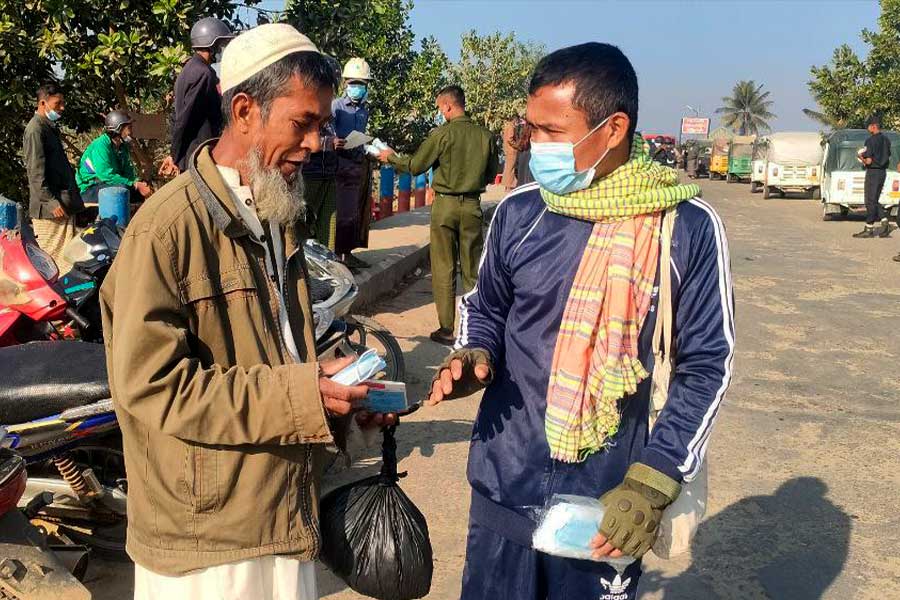
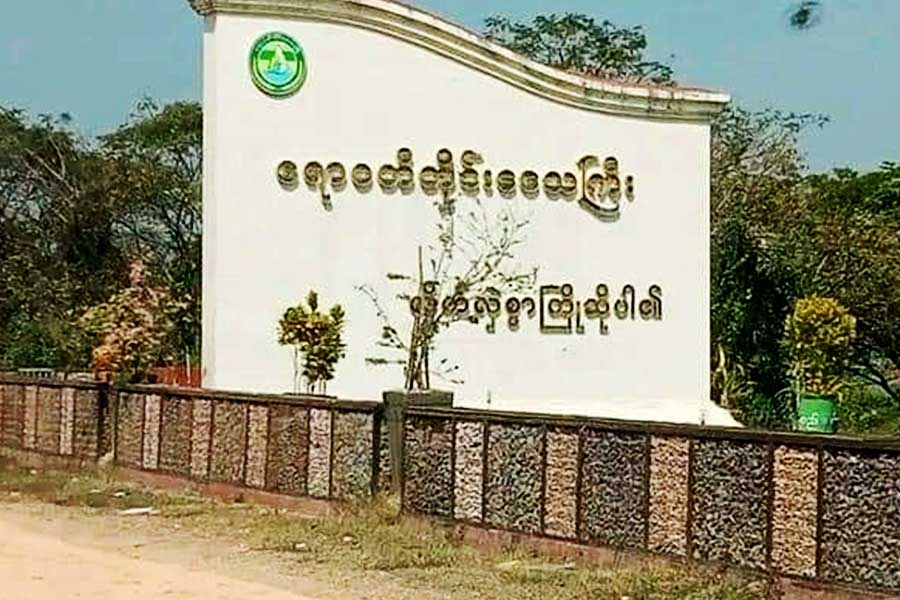
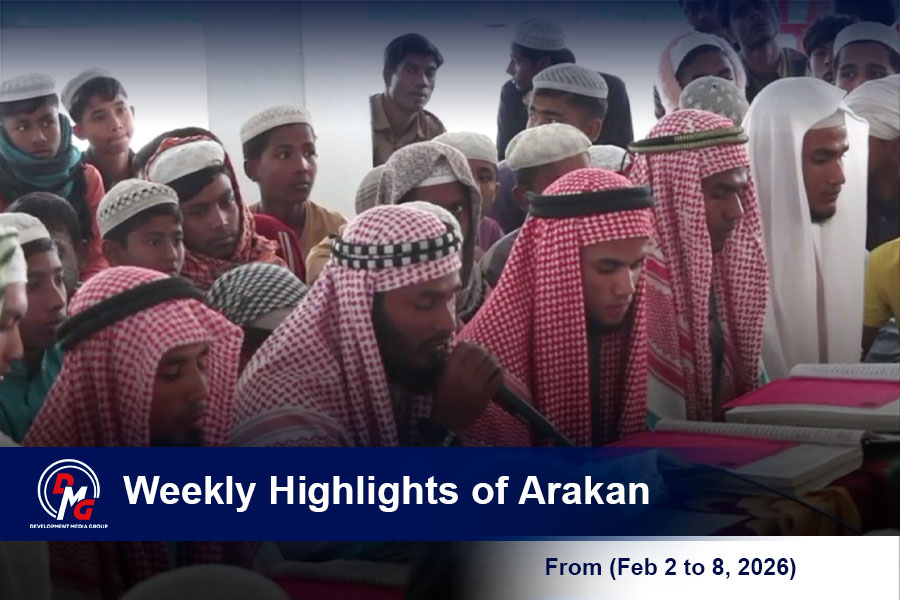







.jpg)
